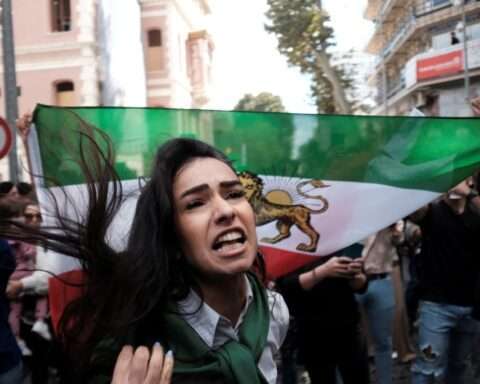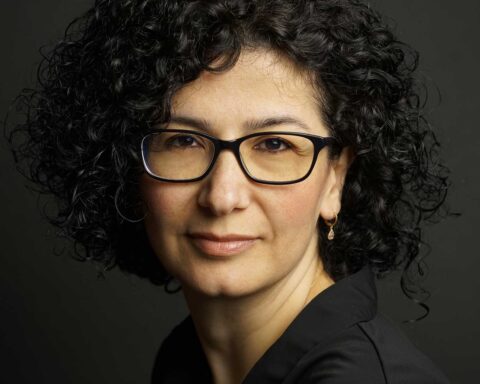The agreement confirmed Ankara as the 44th member of EBRD Green Cities, the European Bank for Reconstruction and Development’s flagship urban sustainability programme.
On joining this initiative, cities undertake a trigger project with EBRD finance, as well as crafting their own Green City Action Plan (GCAP) setting out further actions. Ankara will be the second city in Turkey joining EBRD Green Cities following Izmir and will be a showcase for others.
A Memorandum of Understanding was formalised today in a virtual meeting between the Mayor of Ankara, Mansur Yavas, and the EBRD’s Managing Director for Turkey Arvid Tuerkner and Sustainable Infrastructure Group Managing Director Nandita Parshad.
Mayor Yavas said: “We work to invest in infrastructure projects to increase efficiency and improve the quality of lives, paying a particular attention to public health. We are pleased with the EBRD support and are looking forward to working together on future projects.”
Ms Parshad commented: “The new buses will significantly reduce air pollution in the city, an ever growing problem. The project also recognises the realities of our time – the Covid-19 pandemic – as this increase in operational capacity is essential to ensure safe social distancing on buses, which in turn will deter a shift back to cars. This in itself will have a huge and positive impact on the city.”
Mr Tuerkner added: “I would like to commend the municipality for joining the EBRD’s Green Cities and promoting a green fleet renewal solution. We believe this transaction will be the first of many others to come in Ankara and we look forward to strengthening our relationship with the city. We also hope that our cooperation will attract other lenders to the city’s future investments.”
Ankara Metropolitan Municipality, with a population of 5.7 million, is the second largest city in Turkey after Istanbul and the country’s political and economic hub. Its population is growing at about two per cent a year, putting pressure on urban transport. Recognising the impact of poor air quality and the global effects of carbon emissions, the city is developing a greener future by investing in its public transport system and working on a comprehensive strategy to improve its environmental performance.
Bus services in Ankara are managed by Ankara Electricity, Gas and Bus Operations Organization (EGO General Directorate). EGO is a state-owned company affiliated to Ankara Metropolitan Municipality.
Buying the new buses will help the company as it retires from service polluting buses of up to 20 years old. EGO will further procure 28 new diesel busses meeting EURO 6 emission standards from their own budget as part of its fleet renewal programme. These improvements will significantly reduce air pollution in the city with decreases in toxic air gases and GHG emissions compared to current conditions.
Globally, cities account for three-quarters of greenhouse gas emissions and represent a prime opportunity to tackle climate change. The €2-billion-plus EBRD Green Cities programme helps each member city tailor solutions to its environmental needs with a unique combination of measures designed to move towards a lower-carbon and more liveable future.
The Turkish city of Izmir joined the programme in April 2019, the first Turkish city to do so, and began working on its Green City Action Plan a month later.
To date the EBRD has invested nearly €12.8 billion in 329 projects in Turkey, 96 per cent of which is in the private sector.






